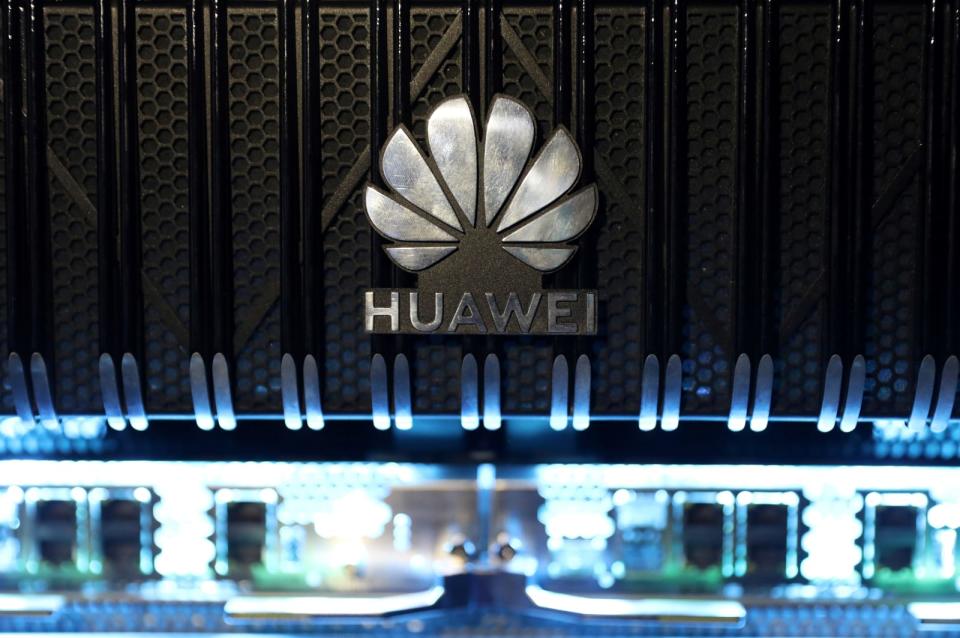President Trump signs bill to help rural carriers replace Huawei gear
This comes despite a lack of public evidence of spying.
The US government is about to help rural carriers give Chinese telecom equipment the boot. President Trump has signed the Secure and Trusted Communications Networks Act (the Secure and Trusted Telecommunications Networks Act in the Senate), mandating that US telecoms rip out and replace any "suspect foreign network equipment" -- effectively, Huawei and ZTE equipment. It tasks the FCC with setting up a compensation program so that rural providers can afford to remove the hardware, improes security information sharing to prevent future uses and bars networks from using FCC-administered funds to buy equipment from companies representing a "national security risk."
The measure had bipartisan support in Congress and was expected to become law given the Trump administration's eagerness to label Huawei a security threat.
There are lingering concerns about the severity of this claimed threat. The US has been reluctant to provide public evidence that the Chinese government has used Huawei equipment for surveillance. American officials have claimed that Huawei has secret access to carrier backdoors, but it's not clear they were designed for that purpose or that the company has abused them. Huawei has denied misusing backdoors, and insisted that there are tight controls that put responsibility in the hands of carriers. This may help officials feel better about the security of US telecom systems, but it's not clear there will be a practical improvement.

 Yahoo Finance
Yahoo Finance 

